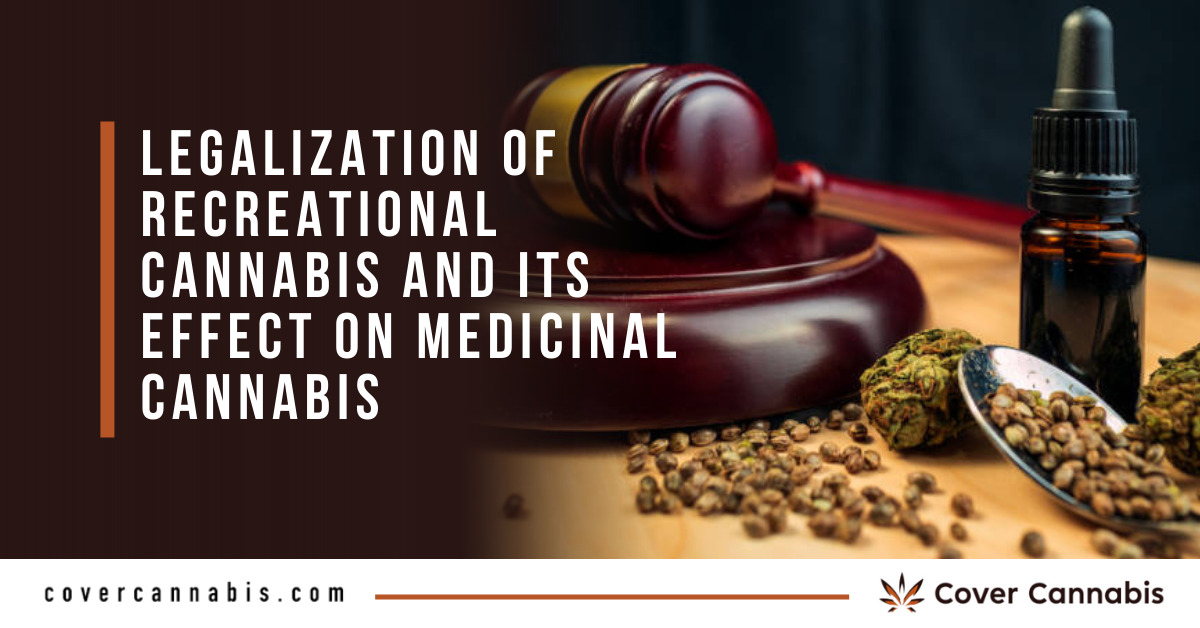


The legalization of recreational cannabis has had a significant impact on the medicinal cannabis industry in the US. As more states legalize recreational use, the lines between medicinal and recreational cannabis markets are becoming increasingly blurred.
The shift began in earnest over the past decade, with states like Colorado and Washington leading the way in legalizing recreational cannabis in 2012. The COVID-19 pandemic accelerated this trend, as more states sought to generate tax revenue and support economic recovery through cannabis legalization.
As of 2024, recreational cannabis is legal in 23 states, including California, Colorado, Illinois, and New York. These states have established comprehensive regulatory frameworks to manage both recreational and medicinal cannabis markets.

Legalizing recreational cannabis provides several benefits, including increased tax revenue, job creation, and reduced criminal justice costs. However, it also presents challenges for the medicinal cannabis industry. Patients who rely on medicinal cannabis may find it harder to navigate the market due to the increased focus on recreational products.
While recreational users enjoy easier access and a wider variety of products, medicinal cannabis patients may benefit from increased availability and innovation in cannabis products. However, they may also face higher prices and reduced product availability as recreational demand grows.
The COVID-19 pandemic significantly impacted the cannabis industry. During the pandemic, cannabis dispensaries were deemed essential businesses in many states, leading to increased sales and a greater push for legalization. The economic fallout from COVID-19 has also driven more states to consider cannabis legalization as a source of revenue.

Several trends are expected to shape the cannabis industry in the coming years:
In 2024, several states stand out for their progress in the cannabis industry:

The legalization of recreational cannabis has reshaped the cannabis industry in the US, particularly affecting the medicinal cannabis market. While there are benefits and challenges, the industry is poised for continued growth and innovation. As federal legalization and cannabis banking reform become more likely, the future looks promising for both recreational and medicinal cannabis markets.
For specialized insurance services tailored to cannabis, marijuana, and hemp companies, consult Cover Cannabis Insurance Services. Their expertise can help manage risks and ensure compliance with the complex regulatory environment. For more information, visit Cover Cannabis Insurance Services.